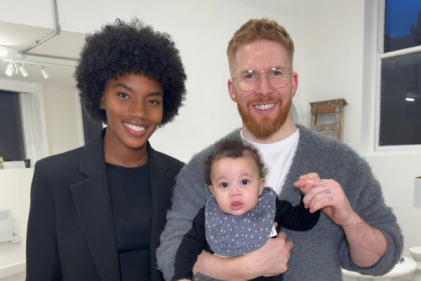For the most part, toddler clumsiness is perfectly normal. Your child is still getting the hang of walking, and all the other physical activities he is learning, and a few mishaps are to be expected.
If you find that your child is clumsier than his peers are though, and that the clumsiness is more serious, such as walking into walls frequently, or missing steps, then there may be a medical condition at the root of it all.
One of the simplest explanations for clumsiness could be that your child has a vision problem. It’s hard to watch where you’re going when you can’t see properly!
Other causes of clumsiness that are related to medical problems are hypotonia, or muscle stiffness, that accompanies a milder form of cerebral palsy, and epilepsy. The latter is particularly true when the clumsiness comes on suddenly, and gets progressively worse.
Your doctor should be able to diagnose the problem, or refer your child for an MRI scan or eye test, and most causes of clumsiness can be treated relatively easily.



